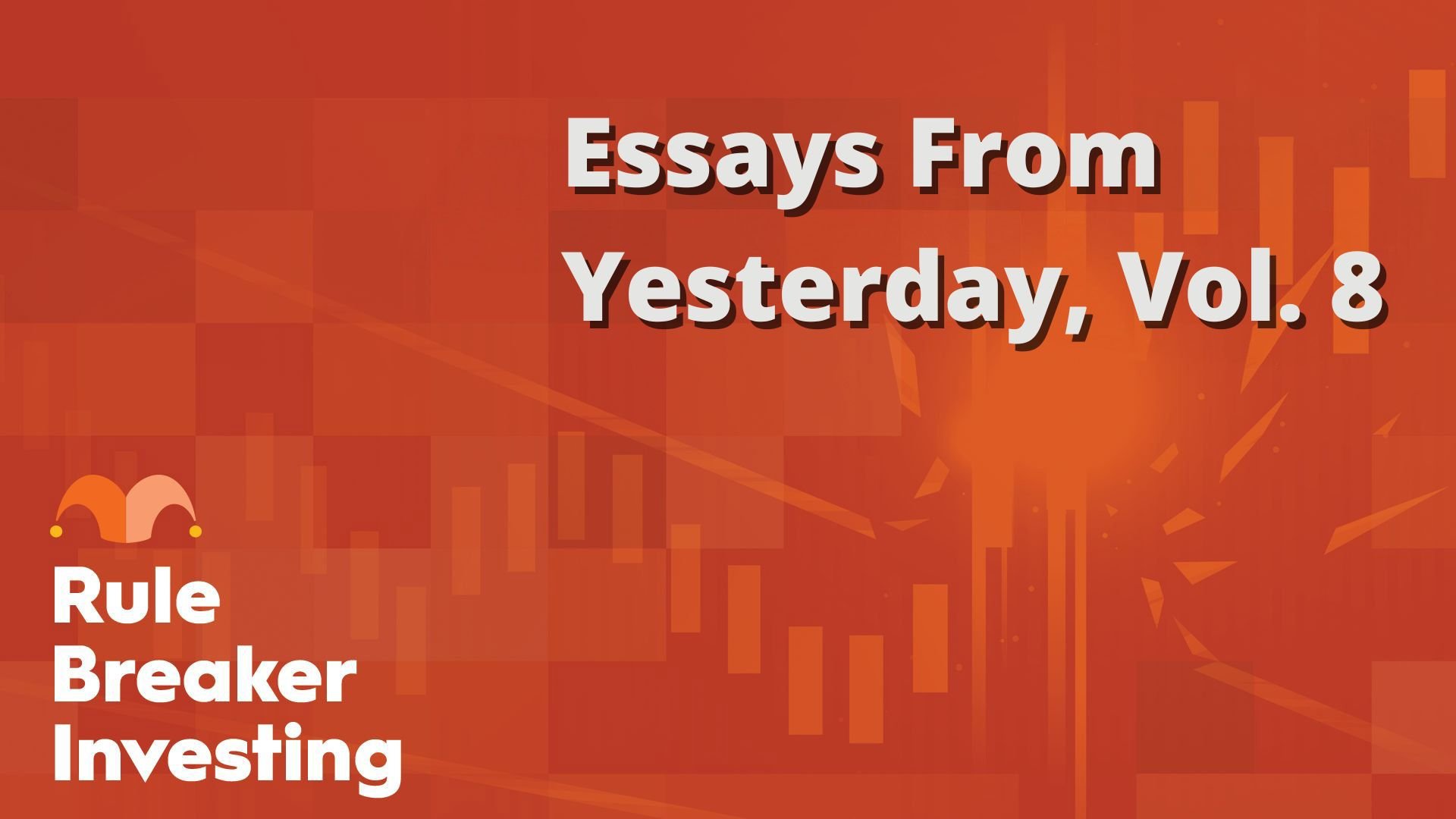The Federal Reserve is one of the most controversial institutions in the United States. But if you look beyond the headlines, what exactly does it do?
Roger Lowenstein answers this question in this episode of Industry Focus: Financials. The author of America's Bank, a history of the Fed's founding, Lowenstein digs into the multiple roles that it plays in the economy, from acting as a lender of last resort, to regulating banks and overseeing monetary policy.
Listen in as he discusses this with The Motley Fool's Gaby Lapera and and Fool contributor John Maxfield.
A full transcript follows the video.
This podcast was recorded on July 11, 2016.
Gaby Lapera: Today, we're going to be chatting with Mr. Lowenstein about his book America's Bank: The Epic Struggle to Create the Federal Reserve. It's this very handsome volume I have in my hands, if you happen to be watching us via video. Let's dive right in! We're super excited to have you here. We've talked about central banking before. Let's get the first question out of the way, and let's keep it super simple. What is the Federal Reserve? What's its purpose? What is a central bank -- why do we need it?
Roger Lowenstein: The simplest way to think of it is like that old home game Monopoly that everybody played as a kid, maybe still. Every time you pass go, you get $200. The game seems to work because when you get $200, it gives some players money to buy properties. But people do go bankrupt before dinnertime, so the game ends. So there's enough money to have a good game, but not too much that it goes on forever. That's the purpose of a central bank -- to keep the Monopoly game of our economy going so there's enough money that people can invest and create companies and jobs and so on, and other people can get those jobs, but not so much money that the money becomes meaningless or worthless, something like paper confetti. Obviously, if you had thousands and thousands of dollars, anybody could afford Park Place, and there'd be no tension in the game, and no value of that paper.
Another way of thinking about the central bank is, you want people making decisions based on the economic value of things such as buying products, or going to work, or taking a vacation, not based on whether money today is going to be worth more or less. You want a stable currency. That's the job of a central bank, the Federal Reserve.
And you want some stability, that's also the job of the central bank. In Monopoly, it's OK if a bunch of players go bankrupt. In fact, that's the only way the game ends. But we don't want too much of that in the real world, because obviously, that causes a great deal of misfortune and pain.
All of those are responsibilities of a central bank, in this country -- the Federal Reserve bank.
Lapera: Just to summarize that point, it helps set monetary policy, which is huge. And it's a lender of last resort, which we saw in the last financial crisis. That's why all the players aren't going bankrupt in the real world, right?
Lowenstein: That's right. It does set monetary policy. Another way of saying that is that it sets the basic short-term interest rate that largely helps determine the rates that banks charge for loans and mortgages and so on. And, it's a lender, as you put it, of last resort. When there's no other resort, when Bear Stearns was going broke, there was the Federal Reserve, and they made that loan.
Lapera: Yeah, and now it's a little bit more active as well in that it helps regulate banks.
Lowenstein: It's also the regulator of banks, that's been its job since it was created in 1913. Regulation means everything from what are the rules that banks have to follow when they give out mortgages -- rules that weren't followed very closely or very well before the recent crisis, obviously -- to how much capital does a bank have to have when it goes out and makes a loan. Rules are intended, hopefully, not to suffocate the banks, because we want them to make loans, but to keep them from being, in a perfect world, too liberal, so that they still have some money in the till to pay their own debts.





